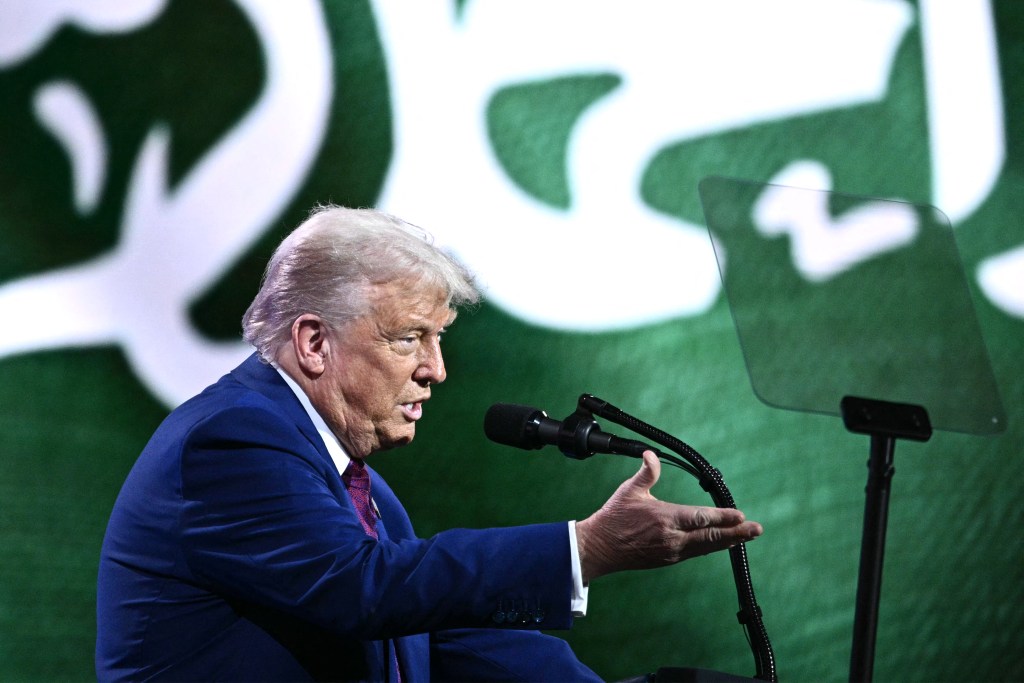The Abraham Accords: Shaping a New Era of Middle East Diplomacy

The Abraham Accords have marked a transformative chapter in Middle East diplomacy. Initially signed in 2020, these agreements established formal diplomatic relations between Israel and several Arab nations, signaling a significant shift in the region’s political landscape. As momentum for these accords continues, global leaders are encouraging even more nations to join this historic peace process.
What Are the Abraham Accords?
The Abraham Accords refer to the groundbreaking normalization agreements between Israel, the United Arab Emirates, and Bahrain, later joined by other countries. These accords set a new precedent for cooperation in economic, technological, and security fields. Most importantly, they paved the way for greater stability and collaboration in a region long marked by conflict.
Growing Momentum: Will Saudi Arabia Join?
Recent developments have sparked fresh discussions about which nations might join the Abraham Accords next. In a noteworthy address from Riyadh, former President Trump emphasized the importance of Saudi Arabia’s participation. As reported by the New York Post, Trump appealed directly to the Saudi leaders, stating, “With the historic Abraham Accords that we’re so proud of, all the momentum was aimed at peace, aimed very successfully.” He encouraged Saudi Arabia to formally recognize Israel, referencing the Accords as “an amazing thing” and urging for future steps that would “be very important for the future of the Middle East.” Read more about Trump’s call for Saudi Arabia to join the Abraham Accords.
Saudi involvement would represent a massive diplomatic breakthrough. The Kingdom has previously indicated cautious openness to normalization, but concrete steps have yet to be announced. Discussions like those in recent high-profile meetings continue to stoke regional optimism.
The Broader Impact of the Abraham Accords
Beyond bilateral agreements, the Abraham Accords have set a platform for economic partnerships, technological exchange, and collective security. Countries participating in the accords have reported growing business ties and joint innovation projects. This cooperation demonstrates the potential for peace to drive prosperity.
However, challenges remain. Some nations and populations still express skepticism or opposition. Regional tensions, especially involving Iran, continue to influence diplomatic strategies and security policies, as detailed in recent analysis.
Looking Ahead: A Path Toward Greater Peace
The Abraham Accords have already reshaped the diplomatic horizon of the Middle East. Each new signatory adds momentum and hope for a future of coexistence and unhindered cooperation. As discussions about Saudi Arabia’s potential inclusion grow, the world watches to see how this evolving peace process will influence both the region and global affairs.
If you want to stay updated about the progress and latest developments surrounding the Abraham Accords, follow the news and support initiatives promoting dialogue across borders.